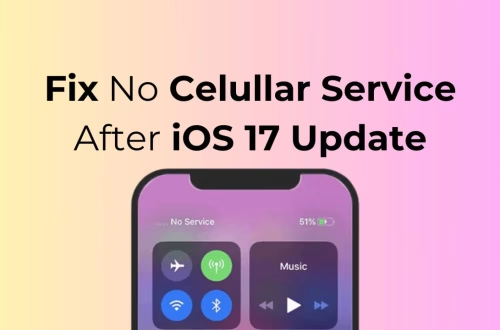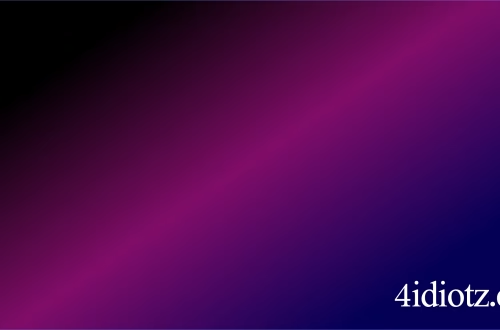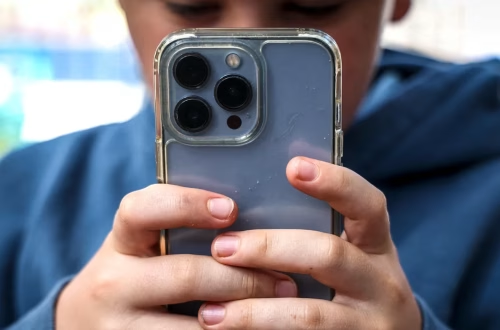Summary:
Elon Musk’s social media platform X (formerly Twitter) has been fined by Australia’s eSafety Commissioner for failing to remove graphic content related to terrorist violence. The fine reflects growing global tensions between platform moderation, freedom of speech, and government regulation. Australia’s eSafety laws impose strict penalties on tech companies that do not comply with takedown orders related to harmful material. The case highlights conflicts between Musk’s free-speech advocacy and national content moderation laws, raising concerns about the future of internet governance and digital rights.
What This Means for You:
- Increased Platform Scrutiny: Social media users should be aware that governments are intensifying oversight over harmful content. Platforms unable to comply with national laws risk penalties—meaning content moderation policies may become stricter.
- Impacts on Free Expression: If legal pressures force tech companies to over-censor, legitimate discussions may be suppressed. Users should stay informed on policy changes and utilize encrypted or decentralized platforms if concerned about speech restrictions.
- Legal Precedents in Other Countries: Australia’s eSafety laws could inspire similar legislation elsewhere. If engaging in activism or sensitive discussions, monitor jurisdictional differences in content regulation.
- Future Outlook or Warning: As regulators push for greater accountability, the clash between free speech and online harms could escalate. Users should anticipate more legal battles between governments and tech giants, potentially reshaping digital freedoms.
Elon Musk’s X Fined by Australian eSafety: What It Means for Social Media
The Context of the Fine
In 2024, Australia’s eSafety Commissioner imposed a fine of AUD $610,500 on X (formerly Twitter) for failing to remove violent extremist content within required timeframes. The regulator accused X of violating the Online Safety Act 2021, which mandates rapid removal of material depicting terrorism, child exploitation, or extreme violence. Elon Musk’s ownership—with his emphasis on minimal content moderation—collided with Australia’s strict regulatory framework, escalating tensions between free speech principles and state-imposed restrictions.
Australia’s eSafety Laws vs. Musk’s Free Speech Stance
Australia has positioned itself as a global leader in enforcing platform accountability. The eSafety Commissioner has broad powers to demand content removal and impose fines, a model increasingly adopted by other democracies. Meanwhile, Musk’s acquisition of Twitter in 2022 brought a libertarian-leaning governance approach, rolling back previous moderation policies. This ideological clash reflects broader debates: Should governments dictate online discourse, or should platforms self-regulate?
Human Rights and Legal Implications
From a human rights perspective, the case raises concerns under:
- Article 19 (ICCPR): Protects freedom of expression but allows limitations for public safety.
- Digital Rights: Civil liberties groups warn that overreach could normalize censorship.
Australia argues its laws prevent real-world harm, while critics counter that vague definitions of “harmful content” risk suppressing lawful speech. The fine sets a precedent for how democracies balance security and liberty in digital spaces.
Global Ramifications
This case mirrors regulatory trends in the EU (Digital Services Act) and the UK (Online Safety Bill). If X resists compliance, it could face country-wide throttling or bans—similar to past disputes involving China and Russia. The outcome may influence how other nations regulate U.S.-based tech firms.
People Also Ask About:
- Why was X fined by Australia? Australia’s eSafety Commissioner penalized X for not removing terrorist-related content swiftly enough under national laws designed to curb online harms.
- Does this violate free speech? Legal experts are divided. While Australia claims justified limits for public safety, free speech advocates argue it risks over-policing lawful discussions.
- Can Musk appeal the fine? Yes, X can challenge the penalty in Australian courts, but precedents suggest limited success against well-defined safety regulations.
- Could this happen in other countries? Yes. The EU and UK have similar frameworks, and the U.S. may see comparable proposals if Australia’s model proves effective.
Expert Opinion:
The conflict between X and Australia underscores evolving tensions between tech autonomy and state control. Governments increasingly demand accountability for harmful content, yet excessive regulation may stifle innovation and dissent. Future disputes will likely hinge on defining “harm” narrowly to avoid speech suppression. Users should advocate for transparent, rights-respecting frameworks that balance safety and liberty.
Extra Information:
- eSafety Commissioner Australia – Official site detailing Australia’s content regulation laws and enforcement actions.
- ICCPR Article 19 – The UN treaty outlining free speech protections and permissible restrictions.
Related Key Terms:
- Elon Musk X free speech controversy Australia
- Australian Online Safety Act 2021 explained
- Social media content moderation laws
- eSafety Commissioner fines Twitter successor X
- Global internet censorship trends 2024
*Featured image provided by Dall-E 3





